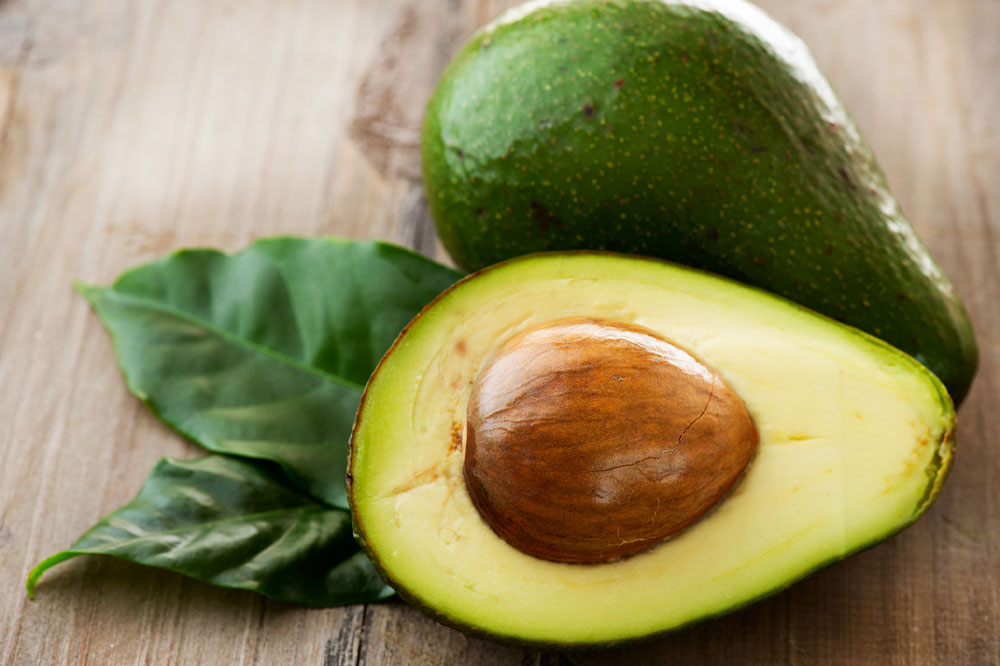Powerful Nutrients in Foods to Manage Asthma Symptoms
Learn about essential foods and nutrients that may help alleviate asthma symptoms, improve lung health, and reduce airway inflammation. Incorporate vitamin D-rich foods, fruits, vegetables, and omega-3 fatty acids into your diet to support respiratory wellness naturally.
Sponsored

Asthma is a prevalent respiratory condition characterized by narrowed and inflamed airways, leading to breathing difficulties, coughing, wheezing, and shortness of breath. While medications are commonly used to control symptoms, dietary choices can also play a crucial role. Certain foods contain nutrients that may help alleviate asthma symptoms, support lung health, and reduce inflammation. This article explores key dietary components beneficial for individuals with asthma.
Foods Rich in Vitamin D
Research indicates that vitamin D plays a vital role in asthma management. Low vitamin D levels are linked to a higher risk of developing asthma and experiencing severe episodes. Adequate vitamin D intake can strengthen lung function and reduce upper respiratory infections like colds and flu. Sources include fatty fish such as salmon and tuna, mushrooms, cheese, and egg yolks. Supplements and fortified foods are also options.
Including fruits and vegetables in your diet can also help manage asthma. These nutrient-rich foods provide antioxidants, vitamins, and minerals, with beta carotene—a powerful antioxidant found in colorful fruits and vegetables—helping to reduce lung inflammation. Beta carotene can lower the risk of chronic conditions like cancer and heart disease, and may decrease airway inflammation, easing asthma symptoms.
Omega-3 fatty acids are another key nutrient linked to asthma relief due to their anti-inflammatory properties. Consuming fatty fish such as salmon and mackerel or plant-based sources like walnuts, chia seeds, and flaxseeds can help reduce lung inflammation and minimize asthma attacks. However, consult your healthcare provider before making dietary changes, as evidence varies regarding specific food impacts on asthma severity.






